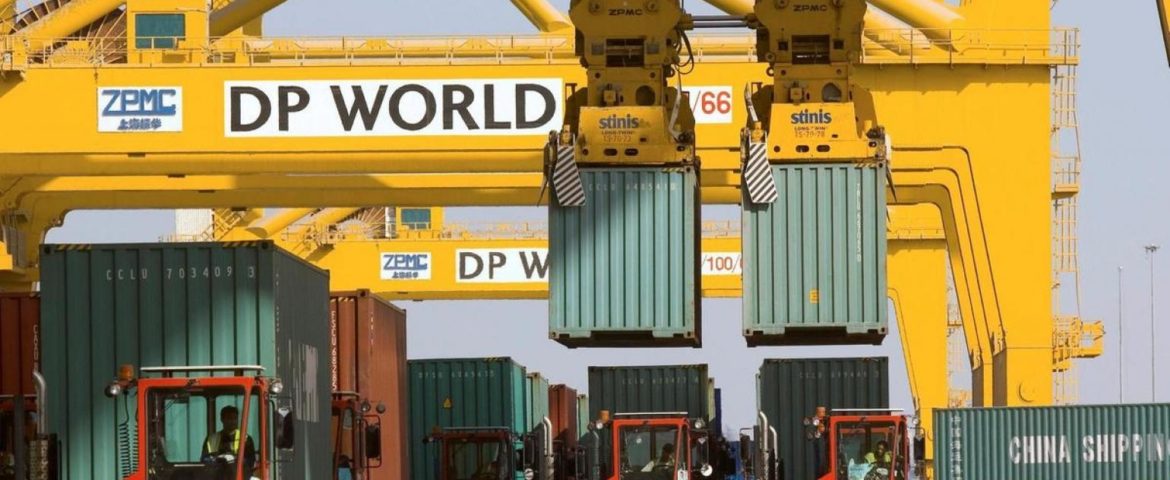The move of DP World’s parent company (Port and Free Zone World) to purchase shares traded on Nasdaq Dubai and delist the company is highly interesting, writes Peter de Langen, with his views first published in his Analyst column at @ Port Strategy.
The ownership of Port Operators
by Peter de Langen
 “The move of DP World’s parent company (Port and Free Zone World) to purchase shares traded on Nasdaq Dubai and delist the company is highly interesting, If, as expected, the offer is accepted, DP World will be 100% owned by Port and Free Zone World, a subsidiary of the state entity Dubai World. In an announcement, DP World stated: “Returning to private ownership will free DP World from the demands of the public market for short term returns which are incompatible with this industry.”
“The move of DP World’s parent company (Port and Free Zone World) to purchase shares traded on Nasdaq Dubai and delist the company is highly interesting, If, as expected, the offer is accepted, DP World will be 100% owned by Port and Free Zone World, a subsidiary of the state entity Dubai World. In an announcement, DP World stated: “Returning to private ownership will free DP World from the demands of the public market for short term returns which are incompatible with this industry.”
If this argument applies for DP World, does it also apply to other port operators? Is it correct that a listing on a stock market goes hand-in-hand with a focus on short term returns? Is it correct that DP World will return to ‘private ownership’, when in fact it will essentially return to state ownership?
These are interesting and complicated questions. The numerous tales of companies that were purchased by venture capitalists (i.e. private ownership instead of a listing on the stock market) and restructured for short term gain cast doubt over the benefits of private ownership per se. In my view, the more relevant distinction is between state-ownership and private ownership. With a single, state-owned parent, pursuing a long-term strategy is indeed easier than with shareholders aiming for financial return.
In my view, the more relevant distinction is between state-ownership and private ownership. With a single, state-owned parent, pursuing a long-term strategy is indeed easier than with shareholders aiming for financial return.
It is noteworthy that various DP World competitors are also partly or fully state-owned (these include PSA, CS Ports, and the other Chinese port operators, as well as the Hamburg based operator HHLA). Both for PSA and DP World, the case for state ownership historically makes sense – the economies of Singapore and Dubai are based on their status as hubs. Thus, the need for a world-class port operator committed to providing world-class terminal operations in Singapore and Dubai may justify state-ownership.
It is tempting to read this announcement as a signal that due to vertical integration (driven by digitalization) the ‘public interest’ argument for Dubai is no longer about being world-class in Dubai (that goal has been achieved) but about shaping and developing a global network, as phrased in the DP World announcement: ‘a globe-spanning network of ports, economic zones, industrial parks, feeders, and inland transportation’, in which Dubai plays a central role.
In the case of DP World, one could argue that the track record so far justifies a ‘naïve’ view in ‘host countries’ (such as The Netherlands, Romania, and India) that DP World acts the same as fully private international port operators (such as HPW, APMT). However, this perspective also suggests some host countries (India and Azerbaijan come to mind) may need to think carefully about securing their position in global logistics networks that are shaped to a significant extent by foreign state-owned enterprises“.
First published at Port Strategy












